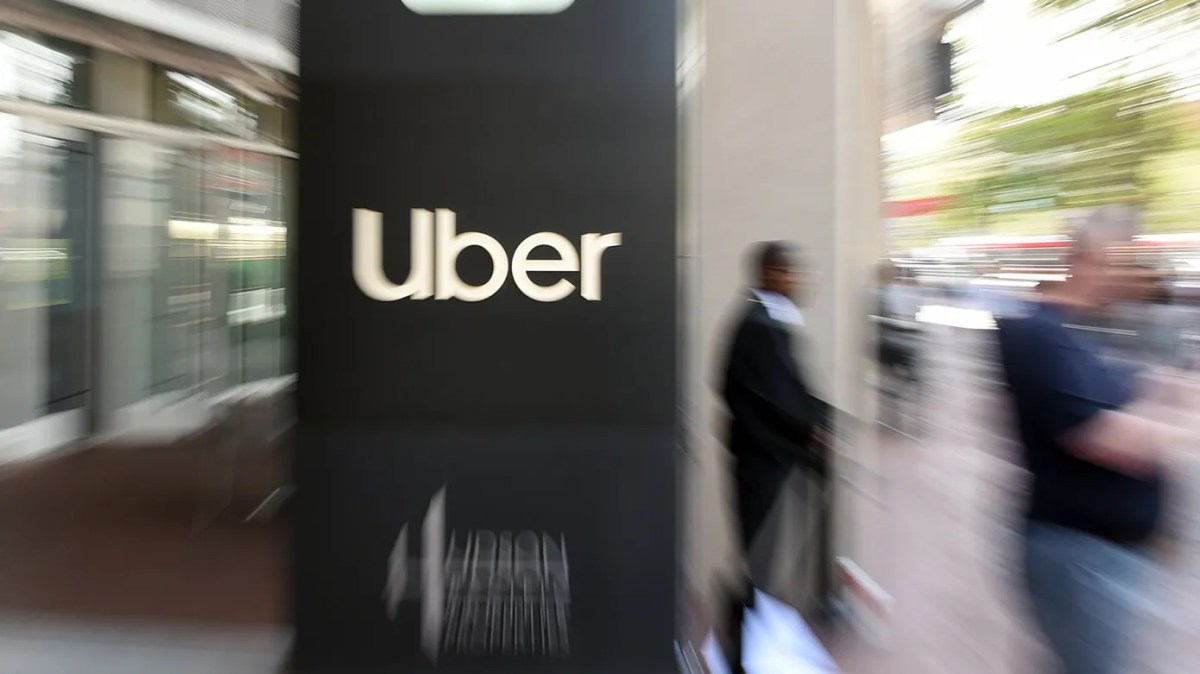
Uber Technologies has officially expanded into India’s rapidly growing B2B logistics market, a significant strategic move aimed at leveraging emerging opportunities in last-mile delivery and enterprise transport. This development builds upon Uber’s existing partnership with the Open Network for Digital Commerce (ONDC), a nonprofit initiative supported by the Indian government to democratize digital commerce and logistics infrastructure.
The ONDC initiative seeks to create an open, interoperable network that breaks down barriers for small businesses and logistics companies, facilitating broader access to e-commerce and digital transportation tools. Uber is aligning with this mission by contributing its technological expertise, fleet management capabilities, and extensive network of driver-partners.
According to Uber, this foray into the B2B logistics space will allow the company to integrate its services into ONDC’s logistics partners, aiding in the efficient movement of goods across cities. It is expected to provide scalable and cost-effective delivery solutions for small and medium-sized enterprises in India, which often lack access to reliable logistics infrastructure.
With India’s e-commerce sector experiencing exponential growth—driven by increased smartphone penetration and rural internet adoption—the demand for robust last-mile delivery solutions has surged. Uber’s entry underscores the company’s aim to diversify its portfolio and reduce its reliance on ride-hailing revenue, particularly in high-potential markets like India.
While Uber has previously focused predominantly on passenger mobility in India, this shift to logistics comes at a time when several Indian startups, including Delhivery and Shadowfax, are gaining traction in the B2B delivery space. By integrating into ONDC’s framework, Uber positions itself as a key player ready to collaborate with local businesses, support economic inclusion, and navigate India’s complex logistics ecosystem.
The move aligns with Uber’s global strategy of broadening its revenue streams through ventures like Uber Eats and Uber Freight. Analysts suggest that Uber’s technological edge and scale could provide strong competitive advantages in India’s fragmented logistics sector, potentially benefiting both end consumers and small retailers.
No timeline for the full rollout has been disclosed, but pilot programs are expected to begin in selected cities before expanding nationwide. Uber has signaled that the expansion will be gradual and data-driven, ensuring the solution meets local needs effectively.
Overall, Uber’s expansion into India’s B2B logistics domain marks a pivotal step in its growth strategy, indicating increased focus on integrating platform services across transport and commerce.
Source: https:// – Courtesy of the original publisher.








